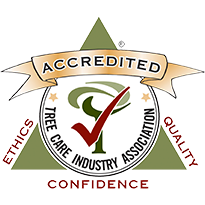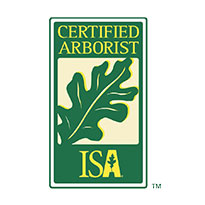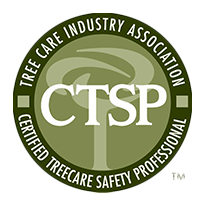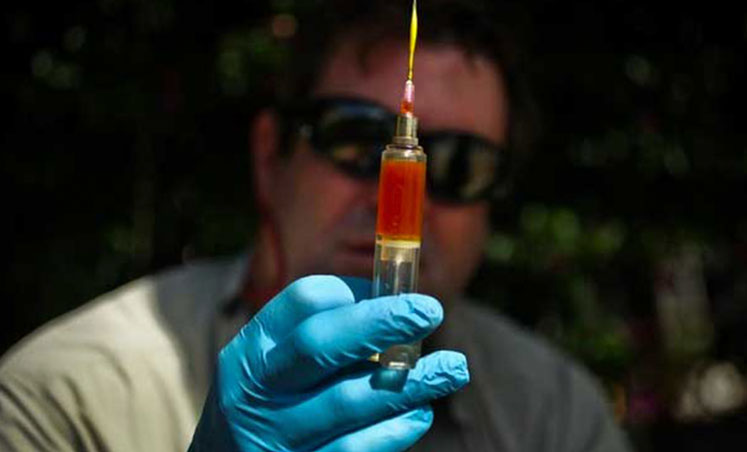Many Southwest Floridians live in master-planned communities, where lawns and landscapes are managed by homeowners’ associations that hire lawn service companies. Because few individuals in these situations have a need to understand the local ecosystem or how to maintain a healthy lawn in a subtropical climate, they are at a disadvantage when working with landscape committees or asked to serve on them.
Sustainable lawn care today requires a savvier homeowner, as well as a more discerning service provider. Our future health and that of our environment are impacted by how we take care of our local surroundings. Let change begin with your lawn.
Get Educated
Take a valuable one-day Best Management Practices class for homeowners at Rookery Bay. Learning about the landscape and its relationship with the environment helps homeowners make informed choices about their landscapes and their care.
Work with a Landscape Committee
Consumer demand plays a role in how safer landscapes are created. Work with your homeowners’ landscape committee, to take steps to lessen chemical and fertilizer inputs. Question the landscaping company about your maintenance plan and what they can utilize instead of chemical fertilizers and pesticides.
Request a Soil Test
Use a soil test to determine if you are paying for fertilizer that your lawn doesn’t need. Too much fertilizer can cause an increase in disease pressure and additional remediation costs.
Learn About Irrigation and Fertilization
Know the proper irrigation coverage, rates and appropriate fertilization practices for your type of lawn. Collier and Lee counties have a no-fertilizer blackout period from June 1 to September 30.
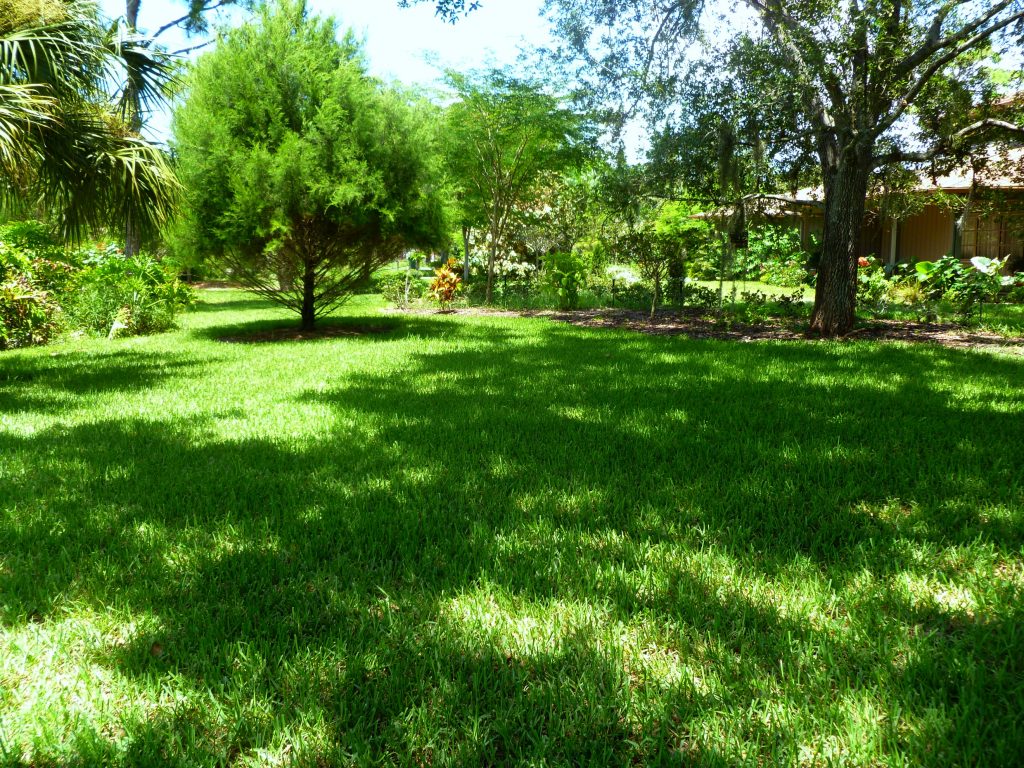
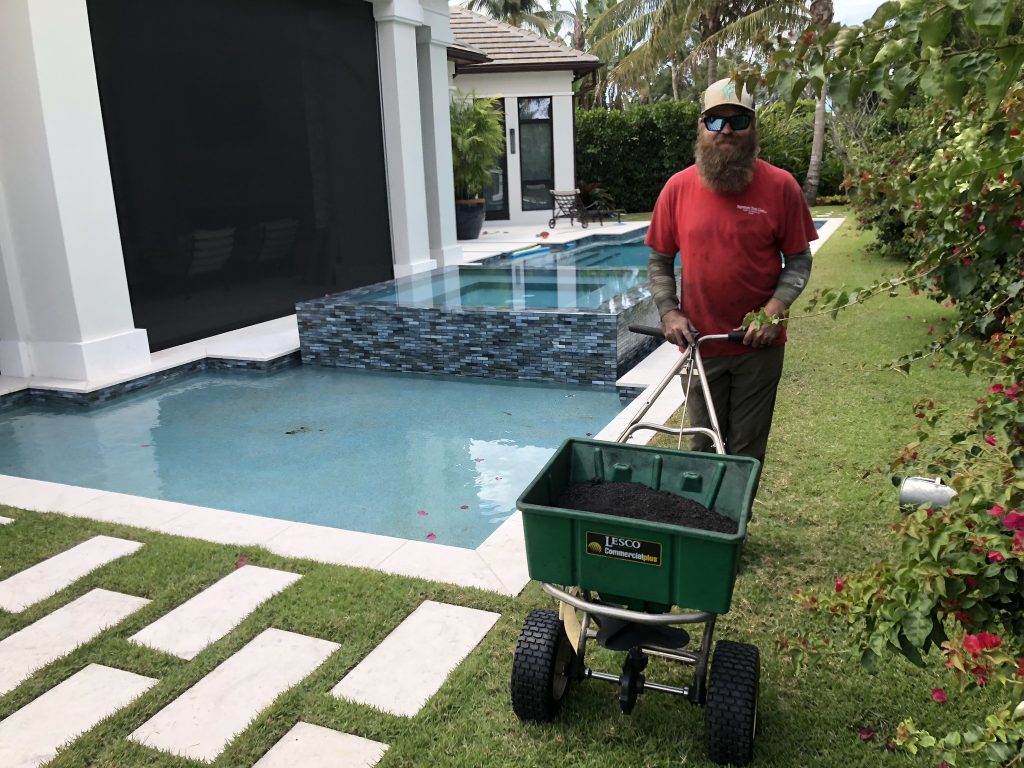
Use Drip Irrigation
Convert sprinkler irrigation over to drip irrigation in landscape beds near lawns, to reduce water use and fungus pressure.
Practice Smart Mowing
To decrease bug and disease pressures, mow at the proper height and don’t overwater your lawn. Taller grass has deeper, stronger roots. A short mowing height stresses out grass, and over-fertilization causes it to grow faster than grass clippings can break down.
This results in a layer of thatch and creates hiding places for detrimental insects. Thatch blocks water traveling to the roots, requiring increased irrigation. In turn, damp conditions create disease or fungus pressure, which requires spraying with a fungicide that eliminates all fungus, including the beneficial fungi that protect grass. The cycle continues if unchecked
Create a Rain Garden
Install a rain garden in a low, saturated part of your landscape. This will utilize the excess runoff instead of forcing grass to survive in unfavorable conditions with repeated chemical and fertilizer applications.
Use Native Plants
Whenever possible, plant a favorable percentage of native plants along lawn borders, to attract bees, hummingbirds and other beneficial insects. This increases pollination, and thus vegetable and fruit production, while using fewer harmful chemicals.
Add Compost
With the addition of quality compost, which is home to a multitude of beneficial microorganisms that promote natural plant development, fertilizers can be reduced because compost helps retain nutrients and water in the soil.
This blog is from a previous article on organic lawn care by Ian & Stephanie Orlikoff in Natural Awakenings publication- Naples edition, August 1, 2011
 The Only Naples, FL Tree Service with TCIA National Accreditation
The Only Naples, FL Tree Service with TCIA National Accreditation
